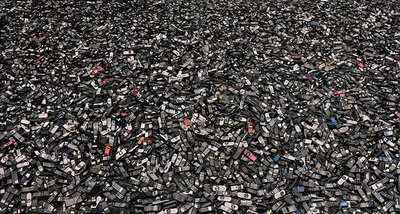Part of blogging is attempting to figure out why we blog? Not all blogs pose this question but it appears often enough* to be recognised as being a common question. This question becomes even more relevant when the blogger takes active risks by blogging.
In an earlier post (blogging revisited 21/1105) I reported about an article concerned with the risks being taken by job-seeking academics who blog. The author of the article wrote that their blogs prevented the potential employer from hiring since they revealed a different side to the applicant than that presented at the formal interview.
A temporary prosecutor in San Francisco blogged about a case he was prosecuting:
Karnow didn’t find the postings prejudicial enough to throw out the entire case, as the defense wanted. But in turning down that motion to dismiss this week, the judge still came down hard on ex-prosecutor Jay Kuo, calling his conduct “juvenile, obnoxious and unprofessional.” … (via Lunda Wright)
Other bloggers take greater risks as whistleblowers or reporting on corrupt and/or repressive governments. While some bloggers and blogs are well protected using different means many are open and tracing the authors is a (relatively) easy task.
Organisations such as the EFF have created documents to help those who need to blog anonymously â??How to Blog Safely (About Work or Anything Else)â?? but these are either not widely known or widely used.
There seems to be something special about the blog and its place in the private/public divide. The blog is a private diary and yet it is open to the world. The privacy promotes the sharing of secrets while the public the desire to communicate.
Why take the risks? Are they really risks or is blogging perceived to be a private act? Even though most bloggers are aware of their publicâ?¦
*Some examples from Google on the search â??why I blogâ??
Watermark – Jacobsen – Under the sun – Media Metamorphosis –



